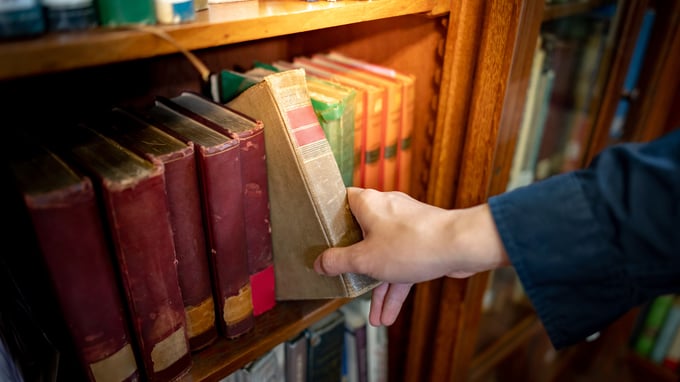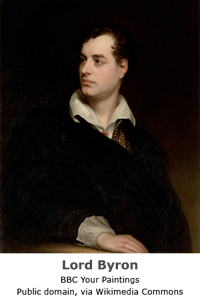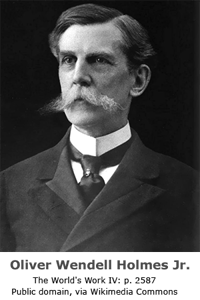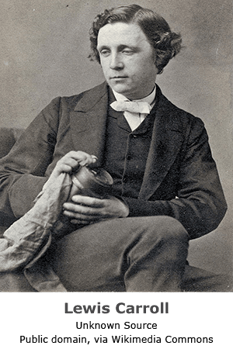
Law and literature make strange bedfellows — law and poetry even more so. When most people think about the law, their minds turn toward business contracts, taxes, criminal statutes, state and federal regulations: hard-headed, serious public pursuits that seem to have precious little to do with the feelings, emotions, aesthetics, or ambiguity of poetry.
The poet Charles Reznikoff highlights that contrast in “Early History of a Writer,” when he describes his experience weighing the language of the law against the literary language he’d been studying before he started his first year attending law school at night. “I found it delightful,” he writes,
“to bathe in the clear waters of reason,
to use words for their daylight meaning
and not as prisms
playing with the rainbows of connotation:
after the dim lights, the colored phrases, the cloying music,
the hints of what the poets meant
and did not quite say.”
It’s a sharp contrast. For Reznikoff, legal language is “plain” and “forthright.” The waters of reason are clear, and logic casts bright sunlight on everything. Contrast that with the way he describes poetry, which is totally different. Poetic speech is like a prism: it breaks sunlight up into strands of different colors. It’s “dim,” hazy, and dependent on feelings, perspective, and context. It hints at things that are never said directly instead of coming right out and saying them. As one legal scholar writes, “Poetic language thrives on simultaneity and open-endedness, while legal language seeks resolution and closure.”
Law and Drama
But resolution and closure sound a lot like what most people want from good drama. And the law is too big a part of everyday life not to play some role in most everyone’s emotions and imaginations. Just consider the number of TV shows dedicated to the people who enforce the law: from courtroom dramas, to detective shows, to police procedurals, we’ve all encountered enough fictional courtrooms that we kind of think we get how it works, even if we’ve never so much as contested a speeding ticket.
And that’s been true for a long time. The 1872 one-act comic opera “Trial by Jury,” written by the famous nineteenth-century British writer and composer team Gilbert and Sullivan, turns a lawsuit over breach of promise of marriage into a musical comedy in verse. The judge in the case gives voice to a classically cynical take on how lawyers rise up the ranks when he describes his own ascent to the bench:
“All thieves who could my fees afford
Relied on my orations,
And many a burglar I’ve restored
To his friends and his relations.”
Poetic Jabs at Lawyers
As that quote shows, the typical criticisms you hear in lawyer jokes today have a long pedigree (Q: “Why won’t sharks attack lawyers?” A: “Professional courtesy.”). Literature that questions whether lawyers have the best intentions could constitute its own subgenre.
Over 50 years before “Trial by Jury,” Lord Byron happily skewered the law in this passage from his epic poem, “Don Juan,” comparing lawyers (like literary critics!) to surgeons and chimney sweeps — professions that involve “getting your hands dirty”:
“The lawyer and the critic but behold
The baser sides of literature and life,
And nought remains unseen, but much untold,
By those who scour those double vales of strife.
While common men grow ignorantly old,
The lawyer's brief is like the surgeon's knife,
Dissecting the whole inside of a question,
And with it all the process of digestion.
A legal broom's a moral chimney-sweeper,
And that's the reason he himself's so dirty;
The endless soot bestows a tint far deeper
Than can be hid by altering his shirt; he
Retains the sable stains of the dark creeper,
At least some twenty-nine do out of thirty.”
It’s a far cry from the “plain sunlight” and “clear waters of reason” Reznikoff admired!
Dueling Takes on Legal and Poetic Language
Perhaps the two fields feud because they have so much in common. Law and poetry are both dedicated to the careful crafting and detailed scrutiny of language. Both modes of writing have given birth to competing schools of interpretation with rules and dogmas that are viciously contested.
When discrepancies of legal interpretation arise, textualists argue with intentionalists over whether or not the original lawmakers’ intentions are relevant, while constitutional originalists hold that the founding document of the United States must be interpreted the way it would have been understood in 1787.
Likewise, literary critics clash over how to read the poetry left behind by earlier generations. Are authors’ biographies relevant, or should we act like they don’t exist? Must the work be contextualized by framing it precisely within its original historical setting, as new historicists would say? Or are poems discrete art objects to be admired for their formal refinement like a sculpture in a museum, separate from the time and place they were written?
Lawyer-Poets and Poet-Justices
It’s little wonder then that some very famous poets have also been lawyers — and that many Supreme Court justices dabbled in poetry. Oliver Wendell Holmes Jr. was elected class poet as an undergrad at Harvard. Justice John Paul Stevens once wrote that “the study of English literature, especially lyric poetry, is the best preparation for the law.” A 2015 study found that the late Antonin Scalia was “the most literary Supreme Court justice” of his time, citing notable authors 39 times in his then 813 opinions.
In fact, while totaling these references, the authors found that Lewis Caroll — the author of Alice’s Adventures in Wonderland — was tied with Shakespeare as the author most cited by the justices. 
Two famous twentieth-century American poets, Archibald MacLeish and Wallace Stevens, both held law degrees. In fact, Stevens worked most his life for an insurance company, a fact about his biography that has persistently intrigued and perplexed scholars because of the contrast it presents with his creative life.
There’s “a sense that an inexplicable abyss divides the Stevens who made so respectable a bourgeois living as a vice president of the Hartford Accident and Indemnity Company from the Stevens who wrote the gaudy, exotic, mysterious poetry for which he is remembered,” writes Thomas C. Grey.
The Law and Literature Movement
Grey and other critics began a push to re-interpret Stevens’s writings in light of his legal training. Since the poet almost never wrote about the law or lawyers, instead they examined the way he writes poetry. They argued that Stevens’s persistent fixation with establishing definitions and testing metaphors was the product of a broader legal mode of thinking.
In fact, beginning in the 1980s, members of what gets called the law-and-literature movement such as James Boyd White and Ronald Dworkin argued that certain literary devices such as metaphors and “fictions” — not to mention rhetoric — were central to legal language. You’ve probably heard of “legal fiction,” but you may have never considered the idea as a literary device.
But that’s exactly what entities such as corporate personhood and the theoretical “reasonable person” are, according to these scholars: characters, of a sort, in a story the law tells about how people and corporations behave. MacLeish, for his part, skewered the idea that corporations can think or emote like people in the poem, “Corporate Entity,” writing that
“The Oklahoma Ligno and Lithograph Co
Weeps at a nude by Michael Angelo.”
Law and Poetry at Stetson
Here at Stetson University College of Law, Professor Kristen Adams leads law students through an examination of the contrasts and surprising similarities between legal and poetic language in her course, “The Law as Reflected Through Poetry.” Adams is the editor of Law and Poetry: Promises from the Preamble, a volume that gathers together fifty-six poems, one for each state, the District of Columbia, and each of the five U.S. territories in order to explore the ways authors have humanized the legal system in their works.
English majors — or anyone with a strong foundation in writing — have what it takes to make excellent legal scholars, Professor Adams notes in our latest podcast. Students from around the country come to Stetson to develop the skills, knowledge, and practical experience that will launch their legal careers.
Florida’s oldest law school, Stetson University College of Law is ranked #1 in the nation for trial advocacy and #3 for legal writing by U.S. News and World Report. By developing their abilities through coursework, clinics, and externships, Stetson students play a guiding role in shaping the practice of law throughout the country. Apply today!
Topics: Real Cases Podcast
.jpg)

